While my end-of-year lists usually include some sort of reflective introduction looking back on the year that was, I confess that I just don’t have it in me this year. I’m tired. We’re all tired. It’s been another full year of a global pandemic, a year marked by death, grief, isolation, and loss. This was also the year I finished my PhD and graduated from the University of St Andrews; the year I applied for 50 academic jobs and miraculously secured a tenure-track position at a great Christian university; the year my family and I survived COVID-19; the year we moved from St Andrews in Scotland to Oregon in the US.
Through it all, I managed to watch 205 films in 2021, with only around 50 of those films released this year. Yet I only wrote a handful of reviews here at Cinemayward, and only watched one film in theaters (Dune, which was Fine). I still haven’t seen a number of acclaimed 2021 films (Licorice Pizza, West Side Story, The Green Knight, The Tragedy of Macbeth, C’mon C’mon, Memoria), and wasn’t as wowed by other critical darlings (The Power of the Dog, Belfast, Passing). Still, the cinema I did see in 2021 was meaningful to me and helped me endure another year of a global pandemic. I hope some of these films might be meaningful for you too.
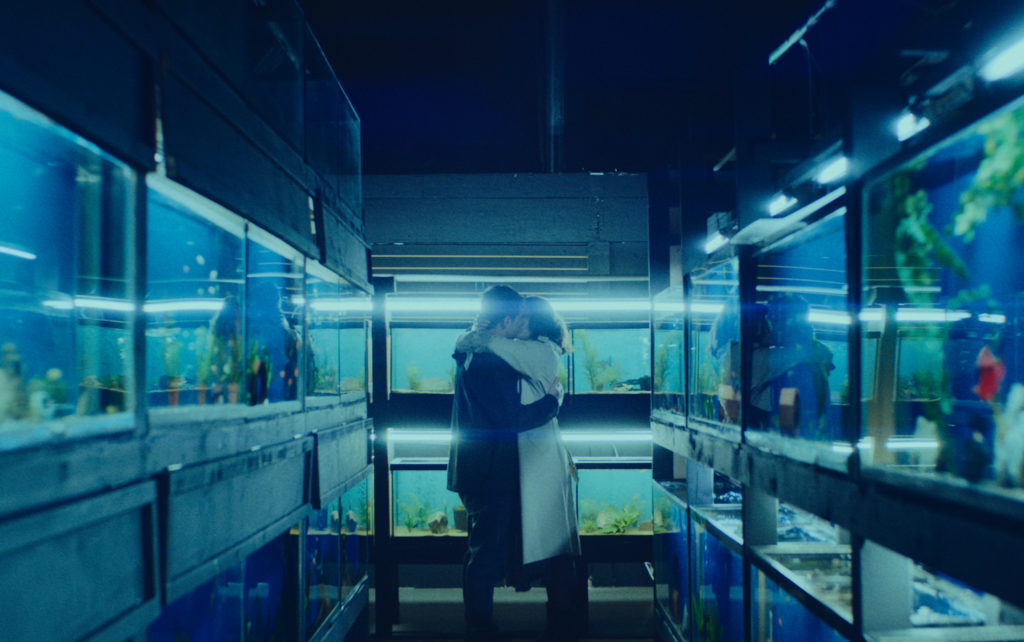
12. Little Fish (Chad Hartigan). This tragic love story set during a global pandemic is a work of coincidence and prescience rather than a reaction to our current circumstances; director Chad Hartigan had completed filming in 2019 prior to the outbreak of COVID-19. The film’s ideas and emotions are timeless, while nevertheless being timely. Even if I eventually fail to recall the narrative details of Little Fish, I won’t soon forget how powerfully the film made me feel. My review.
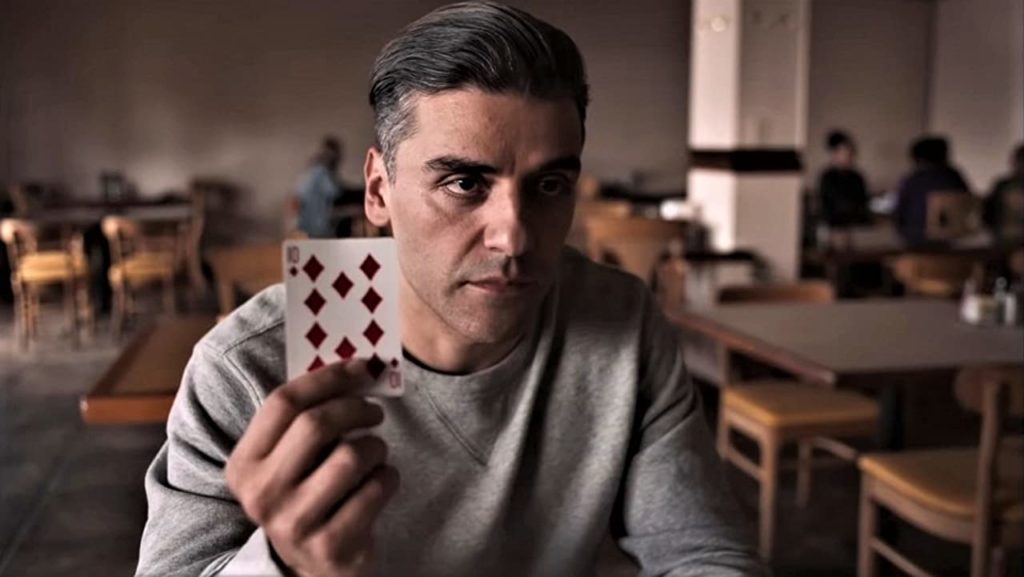
11. The Card Counter (Paul Schrader). This is a moody, angry film about the darkest parts of contemporary America. That’s to be expected from Paul Schrader, who continues to create films about brooding loner veterans who narrate their woes in a journal. This iteration of the Schrader protagonist is William Tell (Oscar Isaac, in a powerful performance), a gambler who taught himself how to count cards while in military prison for his role in Abu Ghraib. If it’s Schrader, you can expect striving for redemption by means of brutal violence.
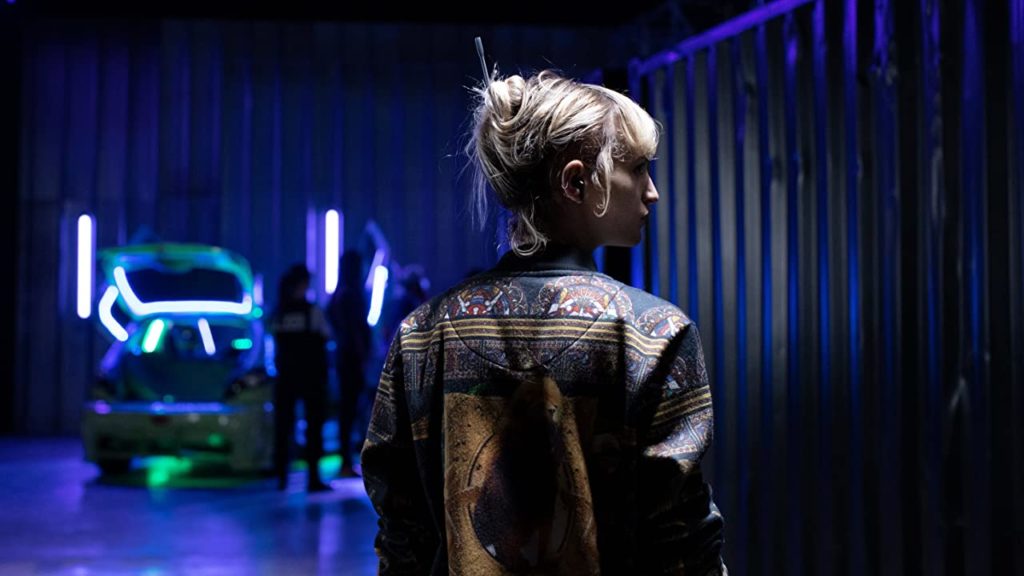
10. Titane (Julia Ducournau). This is a French body horror film about a sociopathic serial killer who f*cks a car. Your reaction to that premise—disgust, confusion, curiosity—will likely determine whether or not Titane will work for you. I’ve seen a lot of movies and can tolerate a great deal, yet Titane genuinely shocked me, in a good way—there are moments in the film which left me simultaneously impressed with the filmmaking and agape with horror. Audacious and unflinching, Julia Ducournau’s Cannes-winning Titane explores the messy questions of human sexuality, gender, and identity with nerves of steel.
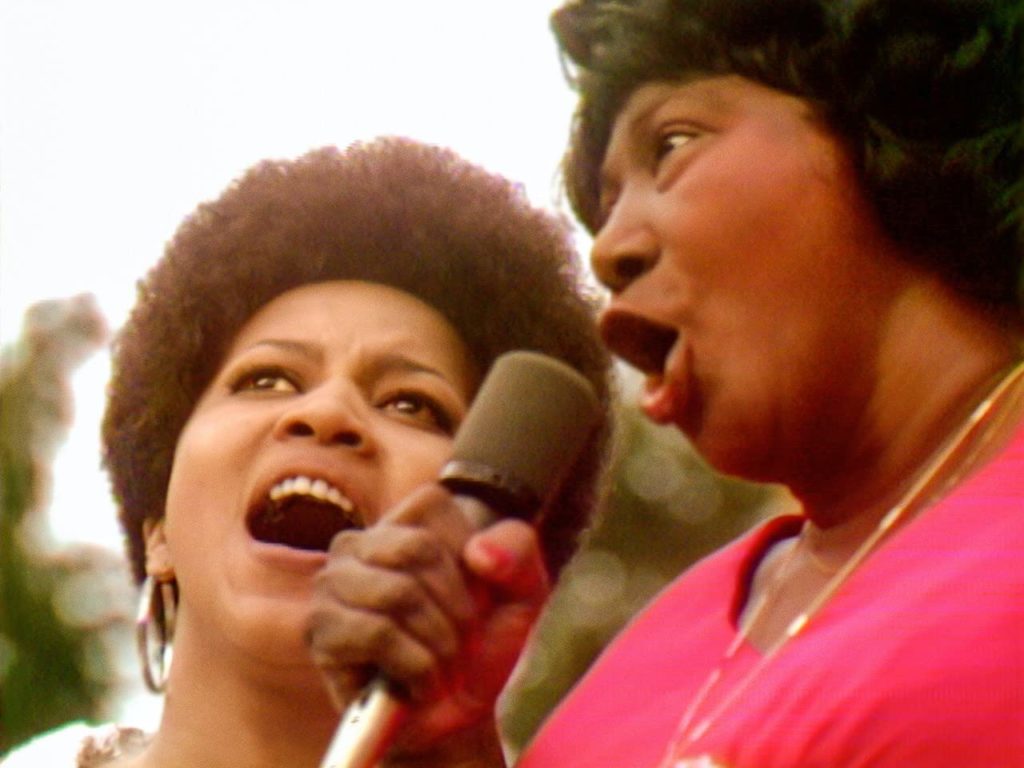
9. Summer of Soul (Questlove). Ahmir “Questlove” Thompson’s documentary film about the 1969 Harlem Cultural Festival features the best editing in film from 2021. What could have simply been a presentation of the 50-year-old unpublished footage is a remarkably affecting work of art and cultural history, as Thompson and editor Joshua L. Pearson weave together a musical tapestry celebrating the best of Black culture from 1960s America, all with perfect rhythm (which makes sense: Questlove is a drummer). The duet between Mahalia Jackson and Mavis Staples is a religious experience.
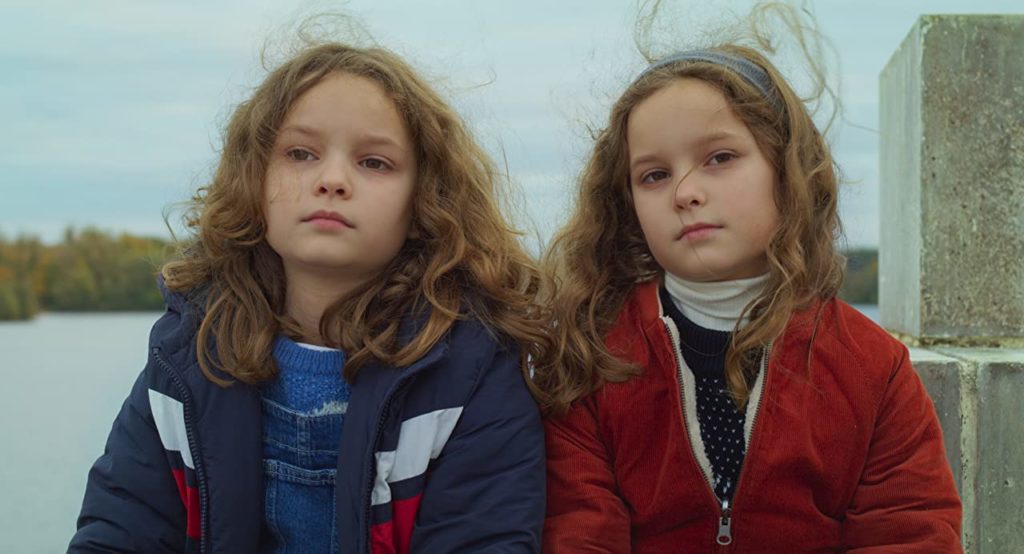
8. Petite Maman (Céline Sciamma). Short and sweet, Petite Maman is a beautiful children’s story from Céline Sciamma. I don’t mean “a story for children,” but a story which genuinely captures the experience of childhood in its own terms: curiosity, play, fear, and magic. Like Studio Ghibli, but French and not animated. Starring twin sisters Joséphine and Gabrielle Sanz, the film centers on a young girl bonding with her mother as they both cope with the death of their mother/grandmother. It’s a near-guarantee that watching the film will make you cry.
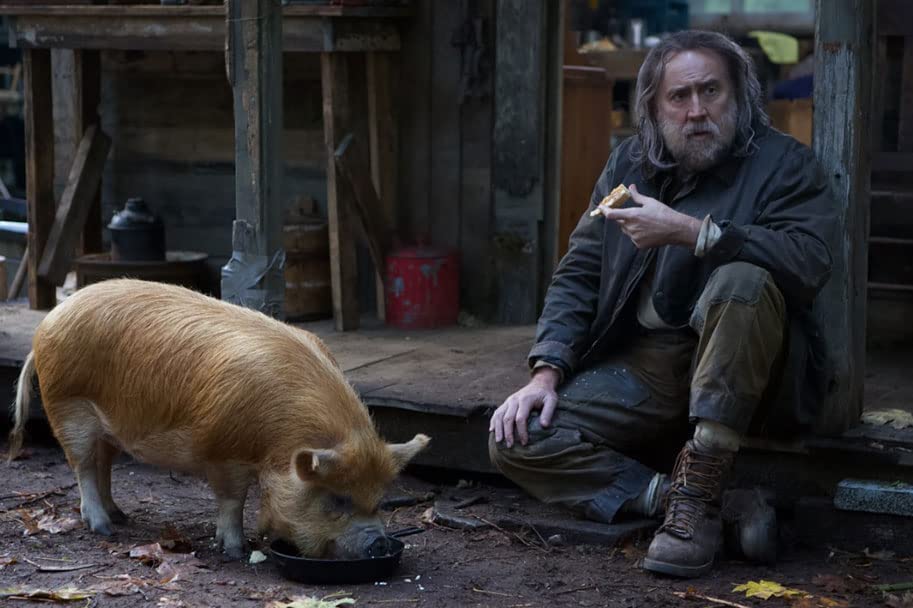
7. Pig (Michael Sarnoski). I have a special place in my heart for films set and actually filmed in Portland. This is a tale about a grieving recluse (Nicolas Cage giving a phenomenal career-best performance) searching for his truffle-finding pig after it’s stolen from his forest home. Part John Wick, part Paris, Texas, the narrative’s twists and turns kept me riveted throughout this pilgrimage of grief and healing from trauma.
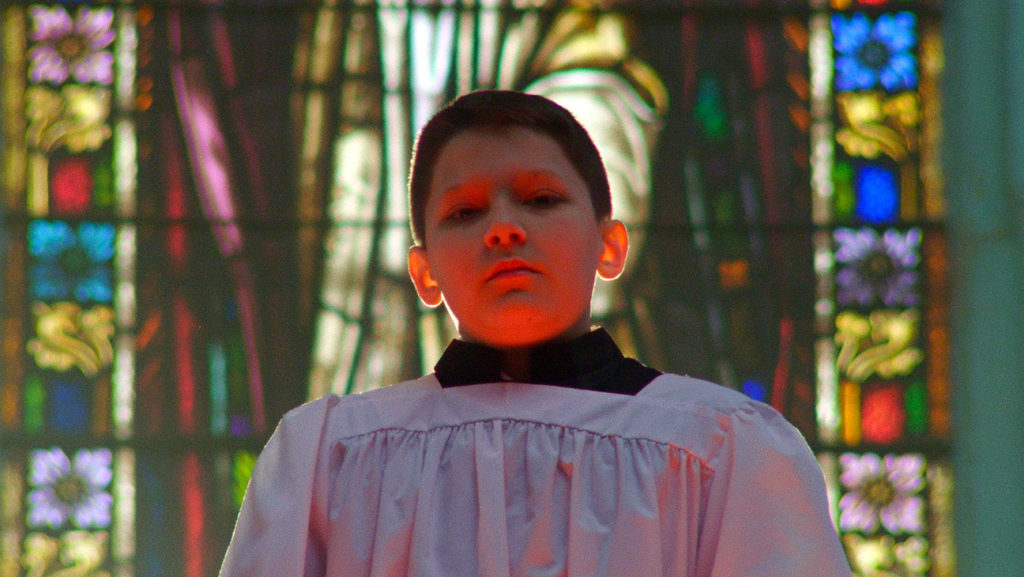
6. Procession (Robert Greene). Speaking of grief and trauma, Robert Greene’s film is a creative approach to documentary in that it’s almost a “behind the scenes” or “making of” movie. Greene’s camera follows six men who were sexually abused by Catholic priests. Through a form of art therapy, the men collaborate with the filmmakers to reenact their trauma as short films. The film is (understandably) emotionally weighty, yet it’s also a testament to the healing capacities of cinema as the survivors navigate their emotions and memories through the creative process.
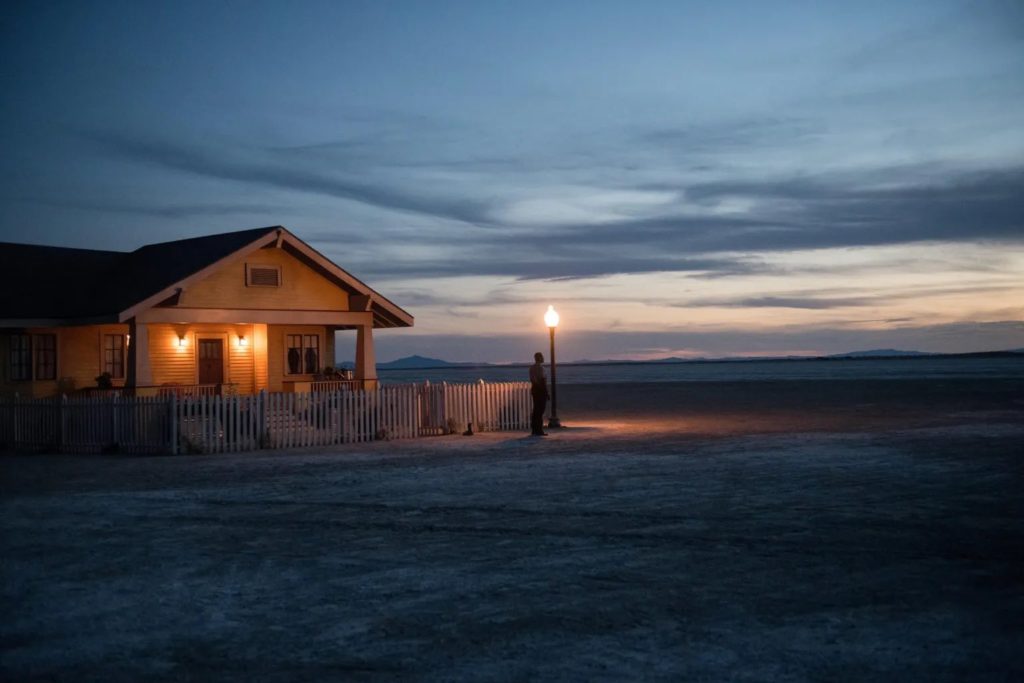
5. Nine Days (Edson Oda). Edson Oda’s Nine Days is a work of magical realism, an afterlife (or beforelife) fantasy film in the vein of Koreeda’s After Life, the Archers’ A Matter of Life and Death, and Pixar’s Soul. A quiet man, Will (Winston Duke, giving his best performance yet), interviews a series of souls applying to become human. Perhaps it’s because I applied for 50 jobs over the past year, perhaps it’s due to the film’s darkly affecting quasi-religious tone, but whatever the reason, Nine Days had me on the brink of tears throughout its entirety. My review.
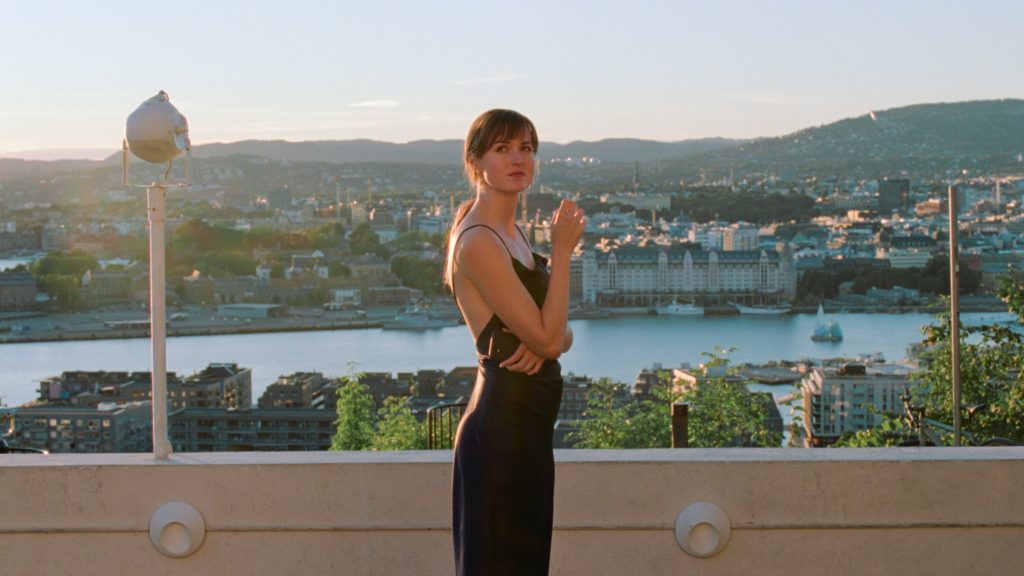
4. The Worst Person in the World (Joachim Trier). I want to compare this film to other coming-of-age movies about young adults—Noah Baumbach and Whit Stillman come to mind—yet I feel Joachim Trier is doing something unique here. The Worst Person in the World is of a generation and a place (millennials in Oslo) that feels so contextual and distinctive while nevertheless expressing universal truths about what it means to “grow up.” Renate Reinsve gives an incredible performance as Julie, a young woman trying on different vocations, relationships, and identities like someone trying on different outfits in a clothing store. Darkly funny and deeply romantic.
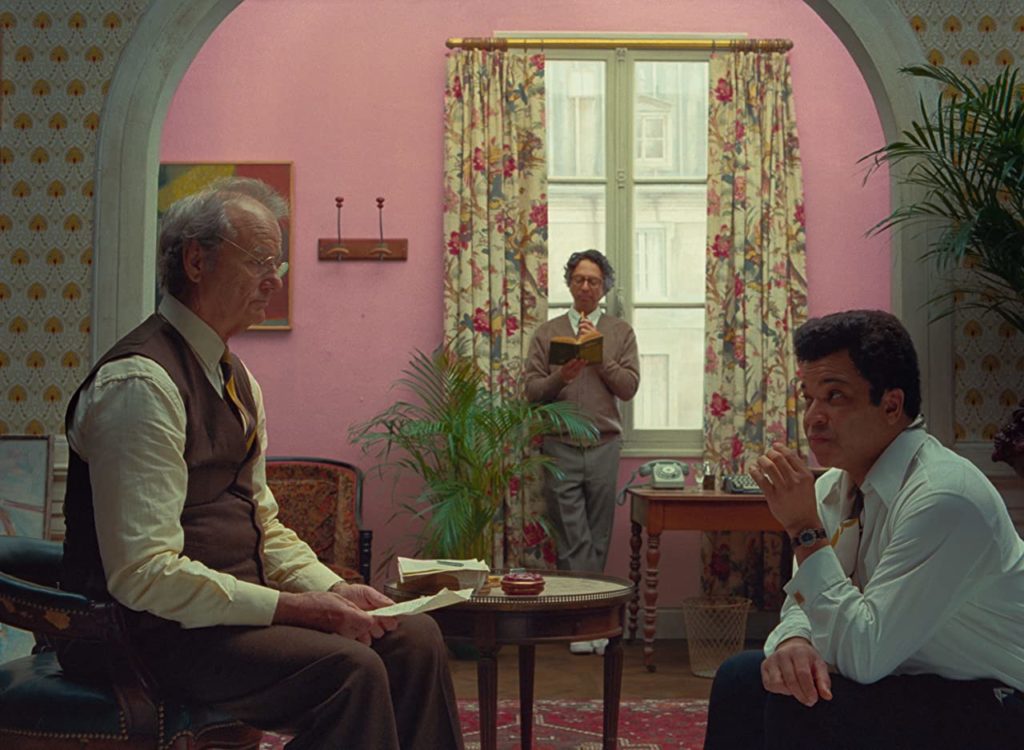
3. The French Dispatch (Wes Anderson). The most “Wes Anderson” Wes Anderson film yet. It’s a love letter to writers and a love letter to cinema. What’s not to love?
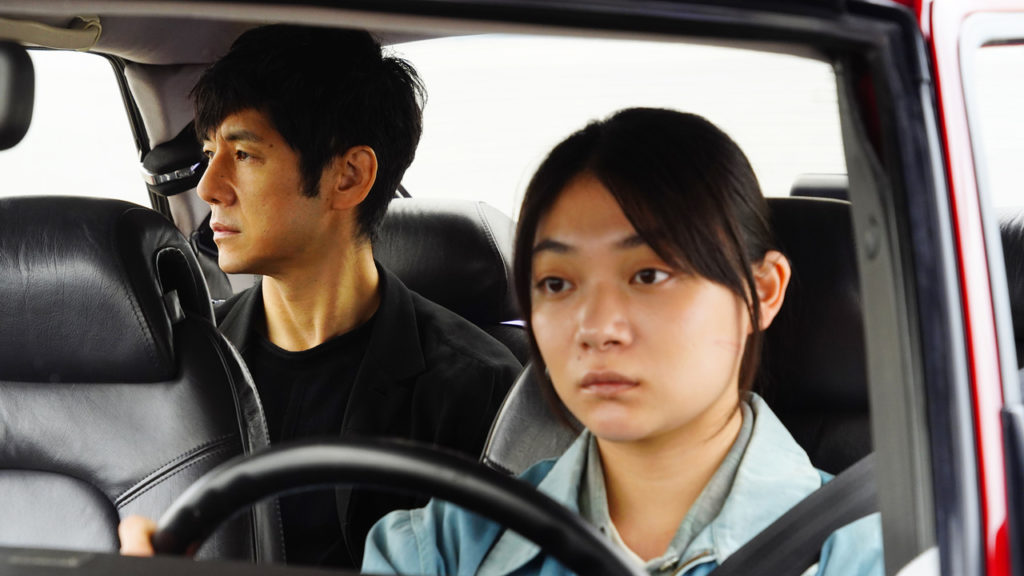
2. Drive My Car (Ryusuke Hamaguchi). In terms of more traditional forms of cinema, I think Drive My Car is the best film of 2021. Based on the short story of the same name by Haruki Murakami, the film expresses the Apostle Paul’s conviction that “love is patient,” for this is a patient film. Every shot is meticulously framed without feeling forced or formalistic; every line rings true and every performance is nuanced and sincere. Director Ryusuke Hamaguchi allows the actors time to simply be, and the shots linger far longer than most hyper-edited American cinema. It’s a film that invites us to pay attention to the world and to ourselves, for in doing so, we’ll recognize the grace that is all around us. On a more personal level, I became the owner of a Saab this year. It’s a quirky car, yet I feel a kind of affinity with it now, so I loved seeing a red Saab serve as a key environment/character in Drive My Car.
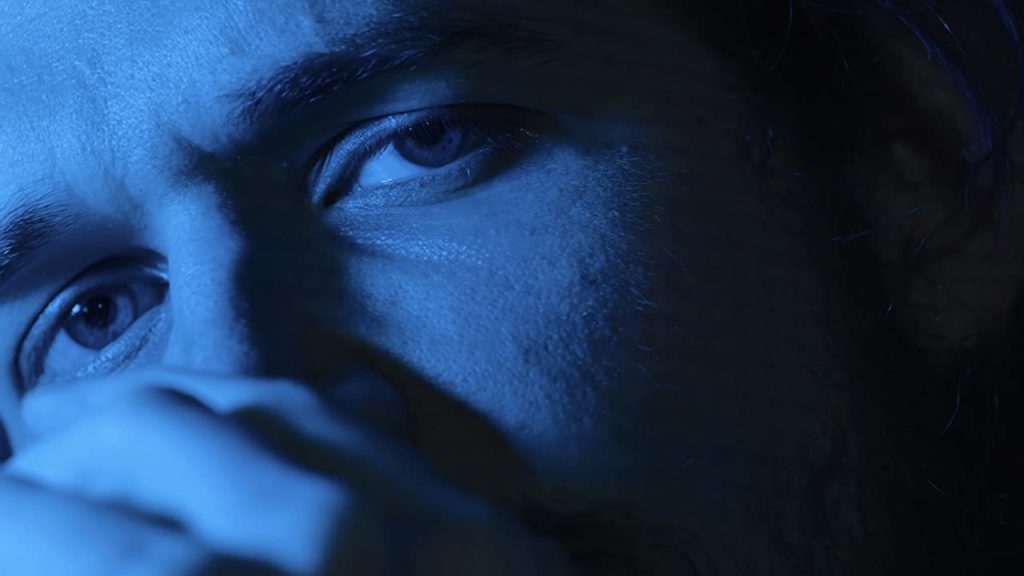
1. Bo Burnham: Inside (Bo Burnham). In such a peculiar year where I didn’t really make it out of my house to see new movies, it seems appropriate to have a Netflix comedy special at the top of my life. But is this even a film? Arguably, no. Yet I have to go with my heart, as this is the cinematic work of art that affected me the most in 2021. A stand-up routine, a satirical symphony, a work of prophetic performance art—Inside is all of these and more. Though Burnham never once says “quarantine” or “COVID,” the ninety minutes of a 30-year-old lanky white guy singing and dancing in his underwear somehow captured the zeitgeist of our digital/pandemic era. I also think it’s a wonderfully insightful film about film as Burnham points the camera at himself. He shows us the layers of film production and performance through meta-level self-reflection; he often serves as the screen for the projected moving images. In our selfie-saturated Instagramed world, Burnham’s “all eyes on me” is both a mantra and a plea for help.
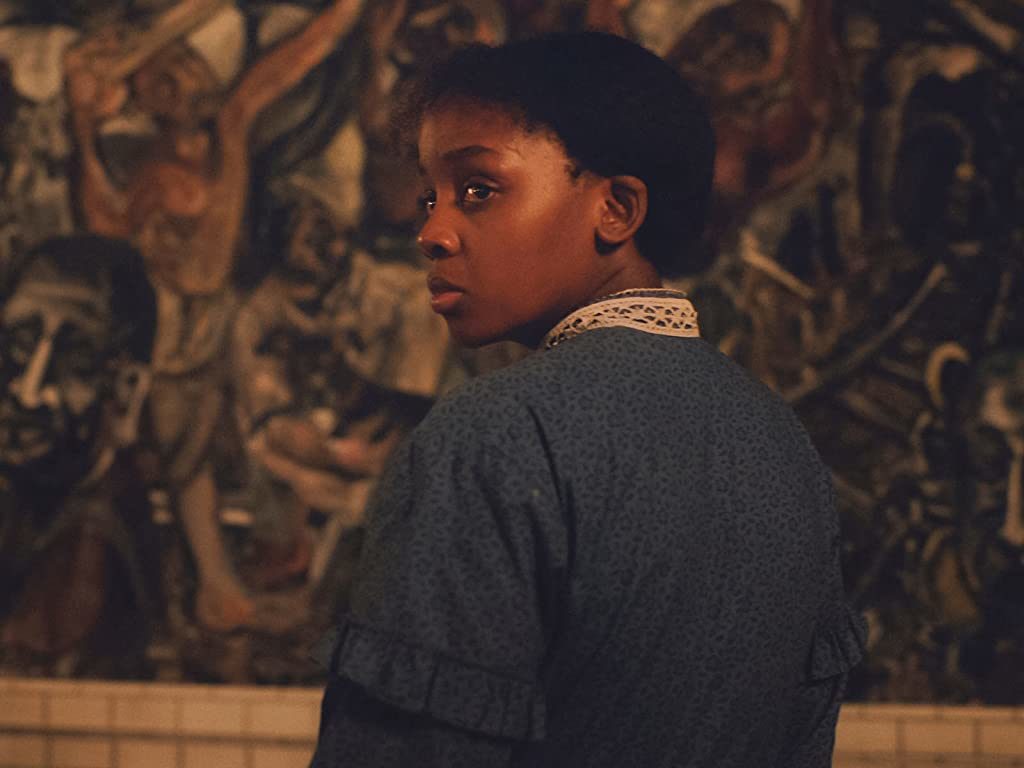
Honorable Mention: The Underground Railroad (Barry Jenkins). Like David Lynch’s Twin Peaks: The Return in 2017, Barry Jenkins’ fantastic The Underground Railroad is the most powerful and affecting cinematic work of art I’ve experienced this year, regardless of whether it’s considered “film” or “television.” It’s necessary viewing for American audiences. My review.